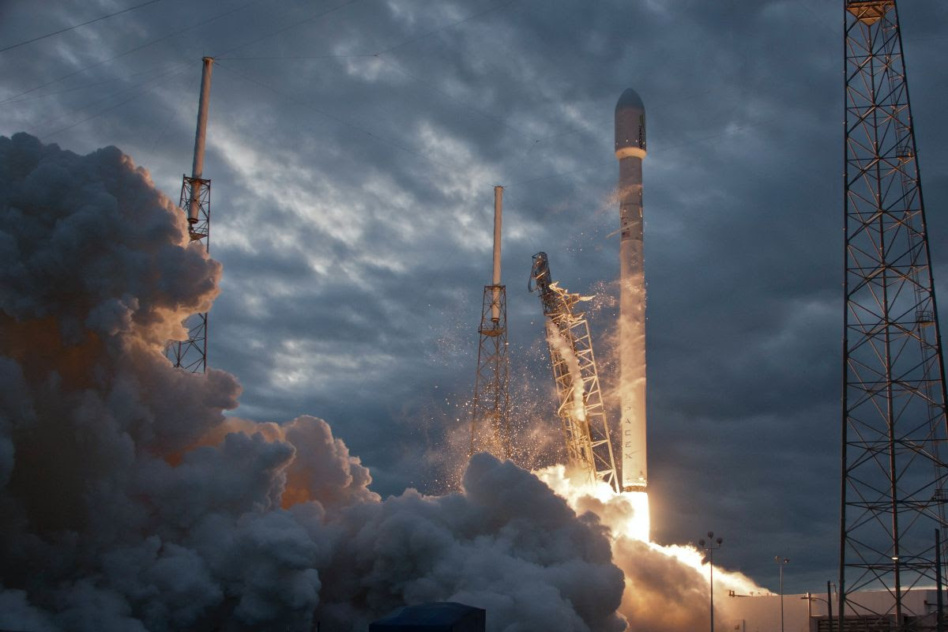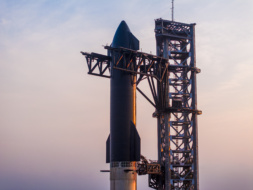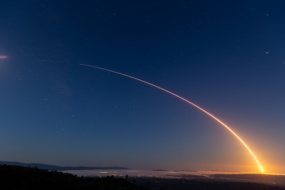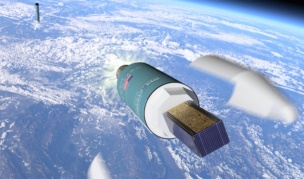SpaceX will launch ESA’s Galileo navigation satellites amid a dearth of European launch operations, the WSJ reported.
While the deal is still pending final regulatory approval, SpaceX has slotted the two missions, each with up to two sats on board, for next year.
ESA’s reliance on SpaceX comes at a time of crisis in European launch, with its two key next-gen vehicles—Ariane 6 and Vega-C—facing significant delays. Ariane 6 is postponed until mid-2024, while Vega-C’s return to flight has been pushed to late next year.
- With few domestic rides to space available, ESA had no real choice but to look abroad.
- SpaceX has launched a record 75 orbital missions so far this year, and plans to hit 144 Falcon 9 missions in 2024.
Galileo, Galileo: Galileo is Europe’s global navigation satellite system (GNSS), providing a GPS-like service to civil and military users with dozens of sats. The satellites boast encrypted communication, which can be used for military messaging—independent of US infrastructure.
ESA has determined the urgency of these Galileo missions outweighs the waiting game required for its own rockets to be ready.
Waiting in the wings: Europe has a host of promising launch startups that are looking to solve the continent’s launch capacity issue. Spanish launch startup PLD Space flew its Miura-1 suborbital rocket last week for the first time. Other European launch startups include Skyrora, Orbex, Rocket Factory Augsburg, HyImpulse, and Isar.




